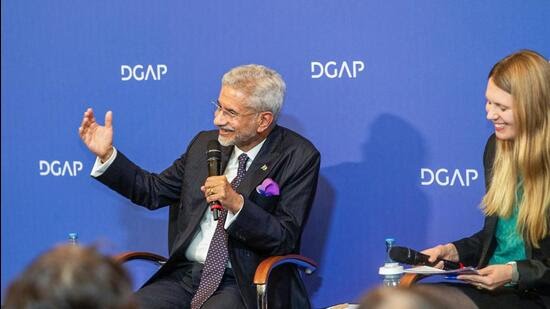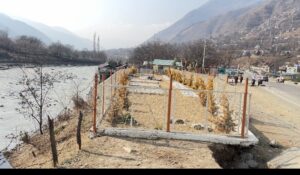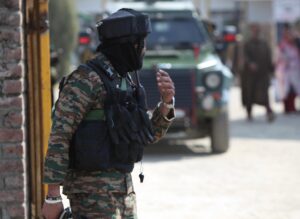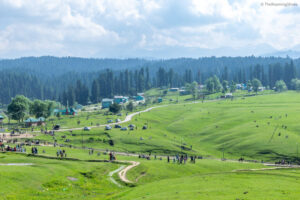Jaishankar: India’s Response to Pahalgam Attack Not About ‘Kashmir Conflict’

Berlin :India’s recent military response to the terrorist attack in Pahalgam should not be mischaracterized as a “conflict in Kashmir,” but rather as a counter-terror operation against Pakistan-based terror infrastructure, said External Affairs Minister S. Jaishankar during an interaction at the German Council on Foreign Relations (DGAP) in Berlin.
Addressing questions about the “international implications of the conflict in Kashmir,” Jaishankar clarified that the events that followed the Pahalgam attack on civilians were part of a broader pattern of terrorism emanating from Pakistan, not a bilateral territorial dispute. “When you call it a conflict, you equate the perpetrator and the victim,” he said, emphasizing that India was responding to an unprovoked terrorist assault, not engaging in conventional warfare over Kashmir.
On April 27, a brutal terrorist attack in Pahalgam killed 26 civilians, allegedly targeted based on their religious identity. India responded with “Operation Sindoor” on May 7, striking terrorist camps in Pakistan. This action sparked four days of intense clashes, concluding in a ceasefire agreement on May 10.
Jaishankar argued that the attack aimed to instill fear, disrupt tourism in Kashmir, and stir communal tensions. He noted that the international community, including the United Nations and Germany, understood and supported India’s right to respond. “There is virtually no country today that condones terrorism,” he said.
The minister also emphasized that Pakistan has long used terrorism as a tool to pressure India. “We targeted terrorist headquarters and centres. Our campaign is against terrorism,” he reiterated, praising the global consensus on holding perpetrators accountable.
Beyond regional security, Jaishankar called for deeper collaboration between India and Europe in the Indo-Pacific region. He highlighted the need to offer countries in the region more strategic choices in sectors like telecommunications, healthcare, and digital infrastructure, indirectly referencing China’s growing influence through the Belt and Road Initiative.
Touching on humanitarian cooperation, Jaishankar cited India’s quick response to the recent Myanmar earthquake, contrasting it with a perceived decline in U.S. global engagement. He urged Europe to partner more effectively with countries like India to build robust crisis-response mechanisms, saying, “Intent alone isn’t enough. We need capable partners.”



